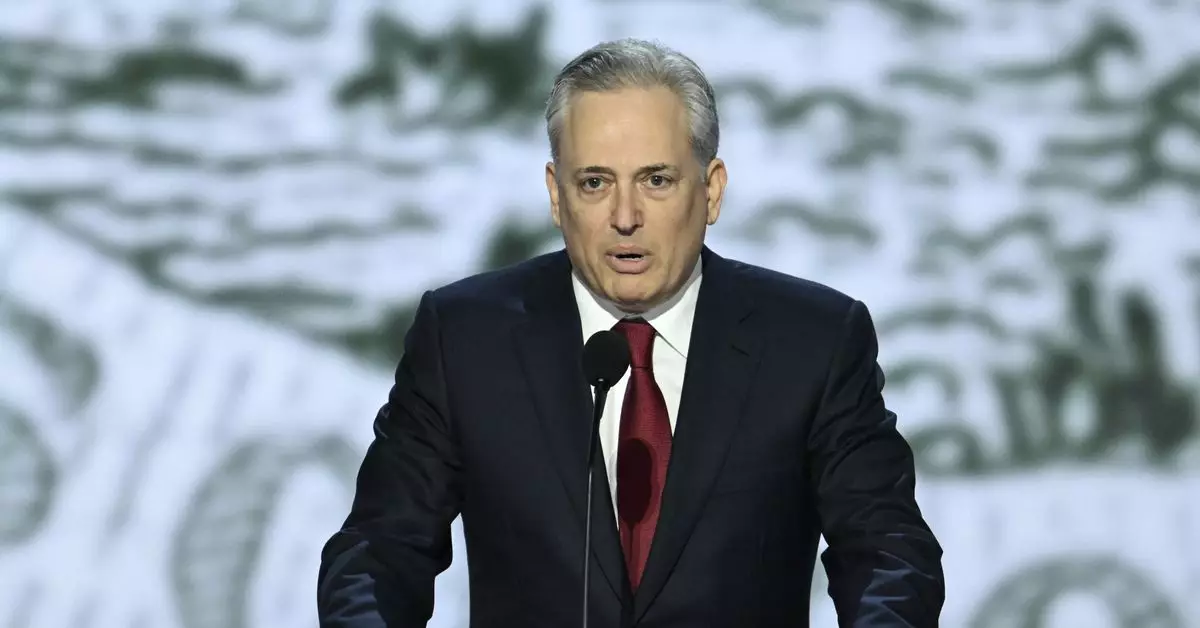In a rapidly evolving technological landscape, the appointment of David Sacks as the “White House A.I. & Crypto Czar” has garnered both attention and debate. This decision comes in the wake of President-elect Donald Trump’s strategic inclusion of figures from the tech world, notably the PayPal Mafia, with Elon Musk’s recent role serving as a precedent for such appointments. Critics, however, may question the implications of selecting individuals closely associated with the private sector for positions of significant public influence, particularly in areas as sensitive as artificial intelligence and cryptocurrency.
Sacks’ responsibilities are portrayed as crucial for steering U.S. policy in artificial intelligence and cryptocurrency, sectors deemed vital for maintaining America’s competitive edge globally. His task is set against a backdrop of growing apprehension regarding technological advancements and their regulation. By focusing on creating a legal framework for the cryptocurrency industry, Sacks’ role emphasizes clarity—an element often missing in the discussions around digital currencies. The worry remains that the absence of transparency may hinder innovation and the maturation of this burgeoning sector within the U.S.
In addition to economic objectives, Trump pointed out that Sacks will safeguard free speech online and combat perceived biases stemming from large tech companies. It raises pertinent questions: How does one balance regulation with the freedom of expression? And to what extent can one person truly influence the landscape of technology policy amidst the broader complexities of legislative processes?
Moreover, Sacks will lead the Presidential Council of Advisors for Science and Technology. This independent committee exists to provide invaluable insights into evolving scientific landscapes and technological innovations. While this could enhance the administration’s understanding of critical tech issues, it also blurs the lines between public advisory roles and private interests. The influence of individuals with strong ties to the tech industry can raise eyebrows, prompting discussions about conflicts of interest and the overarching mission of governmental entities designed to serve the public good.
A Broader Perspective on Government and Technology
The conversation surrounding Sacks’ appointment is emblematic of a larger trend in politics: the merging of commerce and governance. As technology continues to infiltrate various aspects of life, having tech-savvy leaders may seem advantageous. Nonetheless, transparency and accountability should remain at the forefront of these developments. Sacks’ experience with PayPal and his fundraising efforts for Trump can illustrate the way financial backing intersects with political ascendancy, further complicating public perception.
Ultimately, Sacks’ role as the A.I. and Crypto Czar will be scrutinized not only for the policy directions he sets but also for the implications of his ties to technology and investment. As the administration embarks on navigating the complex interplay between innovation and regulation, Sacks’ performance could redefine how technology interlaces with national policy. It is indeed a pivotal moment, reflecting the ongoing difficulties in balancing progress with ethical considerations in government.


Leave a Reply